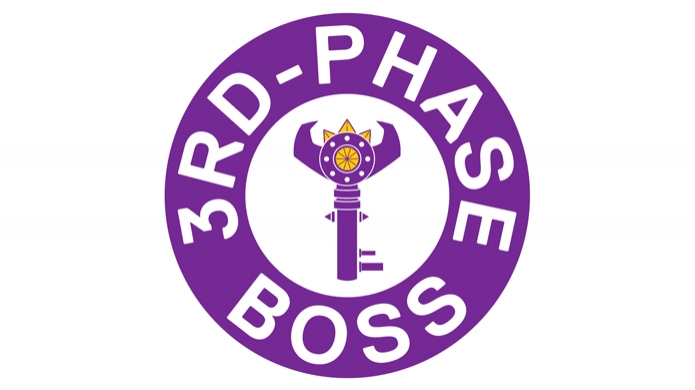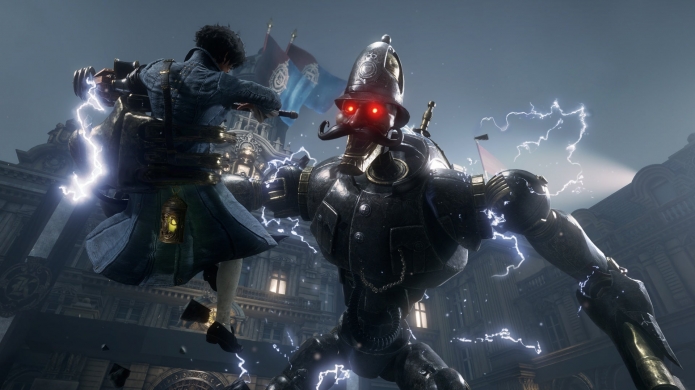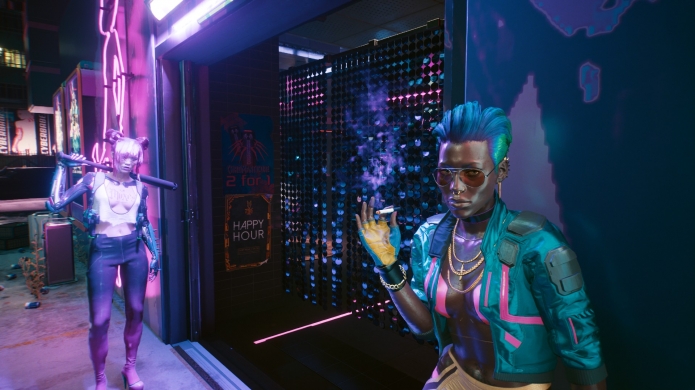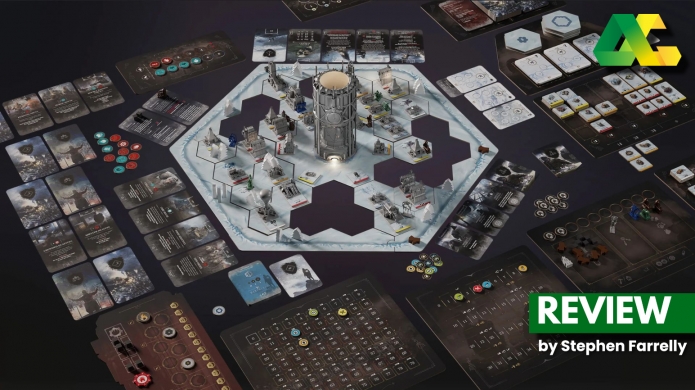Post by Steve Farrelly @ 01:49pm 27/06/23 | 0 Comments
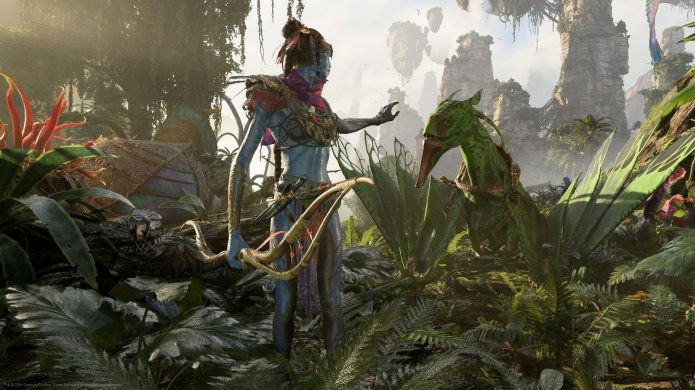
We also brought in friend of the site, Christian D. Read, for insight into the Avatar films proper who, as an author, deep thinker and defender of James Cameron to the last, breaks down just what makes the world of Avatar so poignant.
Here's a snippet from our write-up:
In case you’re not up to muster, the game is set some 15 years after the incidents of the first film. The humans in this storyline have continued their oppressive and subjugative ways, kidnapping a handful of children from different Na’vi tribes and raising them, almost, as child soldiers; indoctrinated against Pandora and its denizens as part of the cleverly titled ‘Ambassador’ program. When Sully and co wreak havoc in the timeline of the first film in 2138, you’re put into cryosleep in an effort to save you from the chaos that ensues, only to awaken some 15-years-later in 2154 in the abandoned stronghold you called home most of your young life.Click here for our hands-off preview of Avatar: Frontiers of Pandora.
From here, the game lets you create your own Na’vi with an in-depth character creation tool and once you’re set, you’re tasked with reconnecting with Pandora and your stolen history across a vast expanse set on the planet’s Western frontier. And while that might sound easy enough, what you find is that there’s a huge amount of mistrust leveraged against you among the many tribes you come across -- an animosity designed to feed and contextualise gameplay where performing quests and more for these disparate groups will help you win favour, grow your reputation and, more importantly, strengthen your connection with the land, which in gameplay terms means getting stronger, gaining new abilities and tools and opening up the game even more...
Latest Comments






